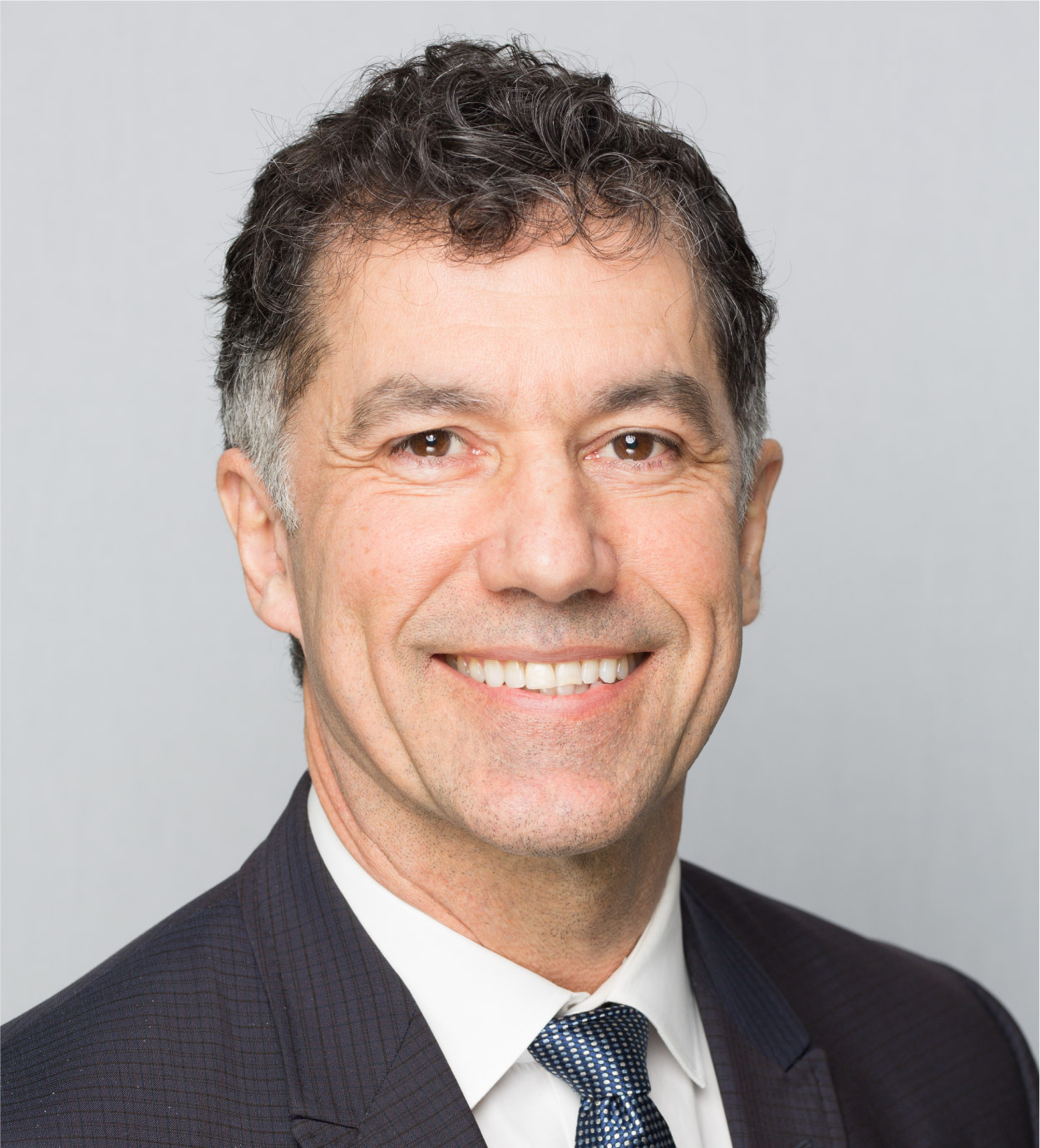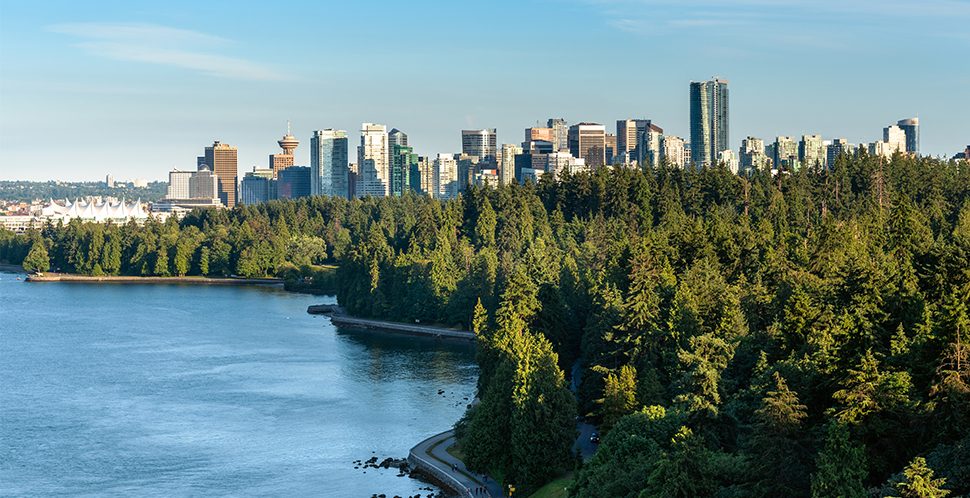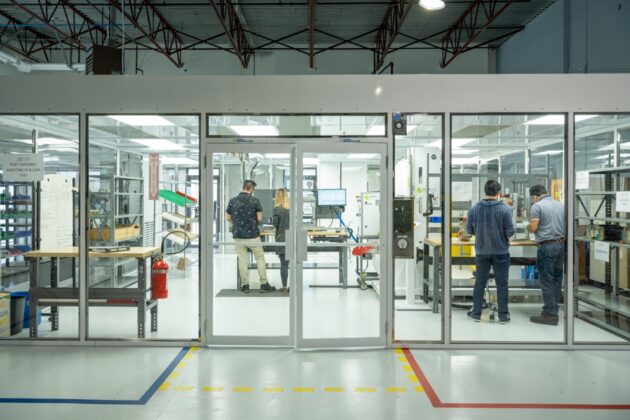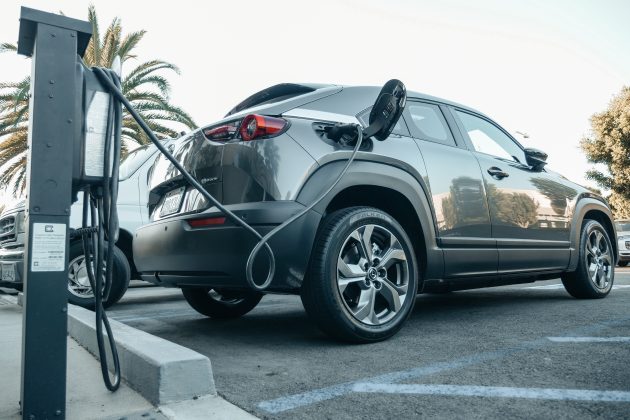The City of Vancouver’s Greenest City 2020 Action Plan (GCAP) has wrapped up and the final report presented to City Council. The plan represents a decade-long effort to transform Vancouver into a greener place to live, work and play, with 10 goal areas (18 targets) covering everything from air quality and water conservation to goals for buildings, transportation and the green economy.
Over the past decade, and with GCAP in mind, I have worked at a unique intersection between the business and innovator community and municipal government. Through this lens, let’s explore key observations from GCAP, including lessons learned, and recommendations for championing future local action on the climate crisis.
Observations on GCAP and the green economy
Let’s begin with basics: what are the results of GCAP and how does that intersect with our economy?
We made significant progress in nearly all the 18 targets outlined in GCAP – and we overachieved on seven. Successes are visible across the city, including:
- Expanded active mobility options. Our bike network stretches nearly 330km long and incorporates 28km of seawall.
- Less driving and more walking and biking. Fifty-four percent of trips made in Vancouver are by foot, bike or public transit.
- Food gardens, farmers markets and other neighborhood food assets.. These local food hubs have increased by 51 percent, supporting an emerging culture of growing your own food.
- 150,000 trees planted. The repopulation of urban forests includes restoration and enhancement of 34 hectares of natural areas.
- The highest electric vehicle (EV) adoption rate per capita in North America. 15 percent of all car sales this past year were EVs, and the number continues to grow thanks to provincial government incentives to consumers who buy or lease EVs.
There are some less visible changes that are also making a big difference:
- Building code changes. New builds emit 70 percent less carbon pollution, thanks to strict changes to building codes.
- Less waste and water use. We’re sending 30 percent less waste to the landfill and using 26 percent less water per capita.
- Less driving. The average distance driven by each Vancouver resident has declined by 37 percent.
By now, you might be asking whether introducing constraints to fulfil the GCAP vision has had any impacts on our economy.
The (perhaps surprising) answer is that Vancouver’s economy has become even stronger. Despite the highest carbon tax in North America and the toughest building codes, the economy expanded by approximately 40 percent over the past decade. In fact, excluding the pandemic, Vancouver has seen its lowest unemployment rates ever, exceptionally low commercial building vacancy rates, and a reputation as one of the most diversified urban economies in Canada.
Today, our city is a globally recognized destination for tourism, and a worldwide hub for tech, digital entertainment and culture. It’s anchored by Canada’s largest port, and home to one of the world’s highest-rated airports. In short, despite increasingly stringent environmental regulations, Vancouver’s economy has grown substantially more diverse and resilient over the past decade.
A newer, greener age of economic development
Our economy is dependent on a strong and thriving environment. In 2010, the Vancouver Economic Commission (VEC) started thinking differently about economic development. We developed new metrics to measure the green economy, such as defining and measuring the growth of green jobs and tracking how many businesses were engaged in greening their operations. We explored how climate policy impacts local businesses and the opportunities these policies can create. For innovators, the opportunities became abundantly clear – today, we have one of the most successful cleantech clusters anywhere. We also began to understand the risks to our economy, and understood that we can plan for the worst while working on a just transition for our workers.
One successful example is our green buildings market forecast, which examines the impact of new, tougher building codes on our economy. It seems obvious that building retrofits would generate thousands of jobs. However, we were able to identify a more than $3.3 billion market opportunity within the Vancouver region over a 10-year period. We used this data to inform our building and construction industry, as well as global investors interested in doing business in Vancouver and Canada. Mapping this out helped us understand what we can build, trade and export without harming the environment.
When designing GCAP, the City engaged more than 45,000 citizens and over 300 organizations. Throughout the process, business leaders said they were changing the way they do businesses to better address climate change. Entrepreneurs shared new and emerging market opportunities. Talent and businesses moved here, often with green solutions and ideas, because they shared our vision. And capital came here, too, following these lucrative new ideas.
By embedding sustainability metrics and climate action within our business ecosystem, our urban economy has become increasingly competitive and resilient. The number of green jobs in Vancouver grew by almost 90 percent over the past 10 years, and the number of businesses greening their operations quadrupled. The takeaway: going green has been good for business, innovation and the economy.
Green economy lessons to take into the next decade
As we’ve seen, the past decade was filled with learnings. Here are key lessons to help arm us for the future.
- Engagement matters. More than 45,000 Vancouver citizens were involved in GCAP, making this one of the largest publicly backed initiatives in the city’s history. When people are included and engaged, they care – and when they care, they take ownership.
- Data matters. Research has the paved the road leading us here. We need to remember to stay rooted in science and make evidence-based decisions. Tracking and monitoring the data for annual reporting can help us stay accountable and adjust priorities.
- Regulation stimulates innovation. “Don’t be afraid” is what I say to politicians or policymakers contemplating passing a new bylaw, regulation or policy. Don’t be afraid to push the limits. The business community will respond with research and innovation, and this will help innovators stay competitive and expand their markets.
- Equity and inclusion matters. We can’t address the climate issue without putting people first – and when we account for marginalized and under-represented groups, a cookie-cutter approach won’t cut it. Thoughtful, inclusive policies must become the norm.
- Leadership matters. We need bold champions for our aspirations locally, and to inspire others globally. I give a lot of credit to past and current City Councilors and Mayors. Our municipal leaders have stepped up and made bold moves; for example, setting Vancouver a target to become the Greenest City in the World by 2020 inspired many of us to take action.
Like many cities, Vancouver has declared a climate emergency to address these concerns. Our journey of transitioning to a green economy must continue… but we must go faster.
Four moves to help reach climate targets and keep growing the local green economy
GCAP addressed many aspects of the urban environmental footprint. While we can point to improvements everywhere, we are falling short of important climate targets. Here are four moves we can take to forward our resilient urban economy:
- Accelerate adoption of proven solutions and implement faster. The days of research and experimentation are running out. We can no longer afford to wait for innovation and commercialization cycles; instead, we need to implement proven solutions now. At VEC, we have several programs that support faster adoption through pilot testing, including Project Greenlight.
- Implement the City’s Climate Emergency Action Plan (CEAP). CEAP was approved a year ago, with six moves addressing urban design, building and renovating, how we move (urban mobility), and leveraging our natural assets. It takes a laser focus to CO2 emissions and other greenhouse gases, including methane, and was designed to get Vancouver back on track to reduce CO2 emissions by 50 percent over 2007 levels by 2030. And the economic opportunities are there, especially in the built environment and the so-called retrofit economy. At VEC, we are drafting a local Zero-Emissions Economic Transition Action Plan (ZEETAP) to support our business community in moving to cleaner operations and dramatically reducing emissions.
- Better enable a circular economy. We will have a tough time hitting our Paris targets without getting a handle on consumption and waste. The City has a Zero Waste 2040 strategy, but the opportunities to create meaningful jobs and new business models have barely begun. VEC is involved in a lot of exciting circular economy activity, including a deep dive on the circular economy of food, which is currently experiencing close to 50 percent loss to waste along the supply chain which produces the dangerous greenhouse gas methane.
- Better corporate disclosures. Corporate boards need to start exercising their fiduciary responsibilities, and businesses of all sizes should measure and report out on their climate metrics. Ultimately, for business, it’s about risk mitigation and heading off massive value destruction. Honouring the framework set out by the Taskforce on Climate-related Financial Disclosures (TCFD) is a good start. Board members can get direct training on this matter through organizations such as Competent Boards, and corporate general counsel can find a plethora of resources at the Canada Climate Law Initiative.
We need economic transformation
We’ve hit many milestones in our journey towards a greener economy, and that’s something to celebrate. We’ve also hit a tipping point in terms of our collective agreement and knowing where to go from here – particularly with the added complexity of prioritizing an approach that puts people, equity, and justice first.
Clearly, everything is connected and integrated. It’s incumbent upon us to take a more holistic, economy-wide approach instead of continuing to operate within our silos. The next phase of this work is about economic transformation. The way we live, consume, work and play will need to change dramatically, but it doesn’t have to be scary. Instead, we should keep looking at this change through the lens of economic opportunity, and get excited about the future we are stepping into.

Bryan Buggey
Director, Economic Transformation and Climate Action
A senior executive with more than three decades of experience as a business leader in entrepreneurship, sustainability, innovation, consulting, and economic development. The breadth and depth of his experience includes Global 100 enterprises, entrepreneurial startups, scaling companies and the public sector.
At VEC, Bryan has been engaged in leading teams in the knowledge-based, low-carbon, circular economy by leading strategic initiatives, investment, sector development, and programs aimed at supporting innovators, entrepreneurs, investors, businesses, and other stakeholders in the Green Economy, Technology & Innovation sectors.



